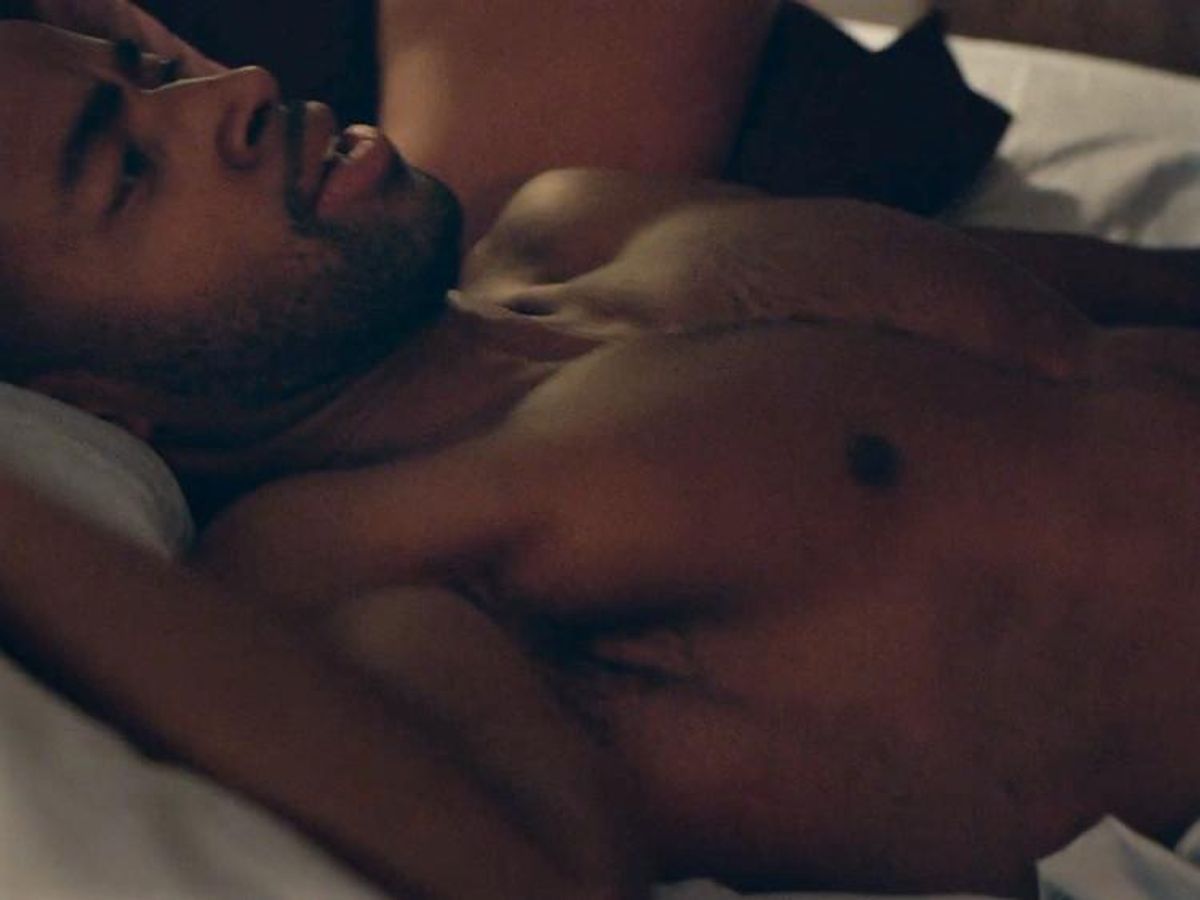Television
Insecure & the Normalization of Black Sexuality
Insecure & the Normalization of Black Sexuality

The road to ho-ery is paved with good intentions.
August 14 2017 5:25 PM EST
April 19 2018 10:47 PM EST
By continuing to use our site, you agree to our Private Policy and Terms of Use.
Insecure & the Normalization of Black Sexuality

The road to ho-ery is paved with good intentions.
The second season of Insecure improves on the first in nearly every aspect: the writing is sharper and more assured; everyone's favorite scene-stealing gal pal, Kelly (Natasha Rothwell), has been made a series regular; and Issa (series creator/national treasure Issa Rae) is single and ready to mingle with the help of ride-or-die BFF, Molly (Yvonne Orji).
Still recovering from her breakup with Lawrence (Jay Ellis), Issa decides to reclaim her ho time, since she's spent most of her 20s locked into a relationship. Issa's conscious decision to ho it up, sow her wild oats, get her proverbial freak on, etc and so forth, is especially refreshing, given that a generation of black women have often been reduced to video vixens, drug-addled hookers, or put-upon wives, girlfriends, and side-pieces. One of my favorite moments this season comes at the end of episode two: Issa matches with a dude on Tinder and, forgoing the usual platitudes, asks bluntly, "You tryna fuck?"
Related | Insecure Asks, 'Why Can't Black Men Explore Their Sexuality Without Being Labeled?'
The road to ho-ery, though, is a rough one for Issa, full of false starts and occasional stumbles, but by being honest with herself and unapologetically taking control of her sexuality, she's taking control of her life. There's no room for slut-shaming in Issa's world. This is juxtaposed with the fictional show-within-a-show,Due North, starring Regina Hall as a slave having a secret affair with her master, played by Scott Foley. The faux-show unfolds in the background, but serves as an irreverent reminder that black women have rarely been portrayed as the proprietors of their sexuality, but rather the victims. Conceived by Rothwell (who pulls double duty as a writer) and Ben Corey Jones as an amalgamation of Fox's Empire and Hulu's Underground, Due North may all be in good fun, but, as Jones told Vulture last month, it's also "a look at the power structures that were set up during slavery."
And when it comes to black sexuality and power, slavery is bound to come up. From the irrational fear of miscegenation, to the continued rape of black women, to the lynching and dismemberment of black men, and the prevailing mystique of the black penis, black sexuality carries with it a troublesome and violent history. Thus reclaiming that sexuality is a source of power in itself.
As a black boy who's had far too large a number of white boys conflate my manhood with my "manhood," this scene hit particularly close to home. Lawrence, unable to meet the demands these THOTs place on his tool, has to grapple with his own sexual insecurity, while still feeling obligated to talk a big game to his friend Chad (Neil Brown Jr.), lest he somehow diminishes himself in Chad's eyes.
Related | Insecure Star Jay Ellis: 'I Want to Change the Narrative Around Young Black Men'
It's far too easy, and lazy, to ascribe the "Mandingo" myth to all black men, but because it's easy, and because people are generally lazy, it's a myth that persists. So just as black female sexuality has been reduced to stereotypes, so, too, has black male sexuality, as New York Times critic Wesley Morris writes in his brilliantly exhaustive examination of the black penis in popular culture: There is a "discomfort with depicting black male sexuality with the same range of seriousness, cheek and romance that's afforded white sexuality."
Sexy MAGA: Viral post saying Republicans 'have two daddies now' gets a rise from the right